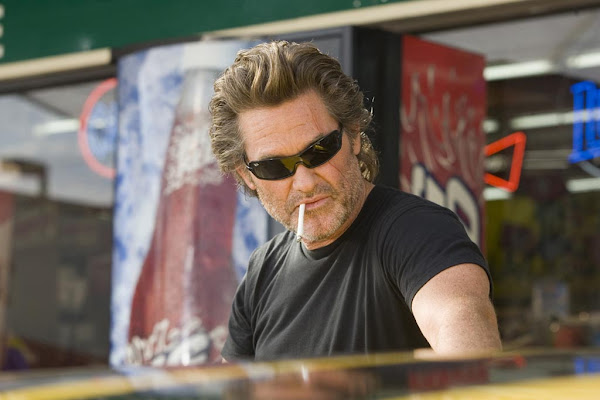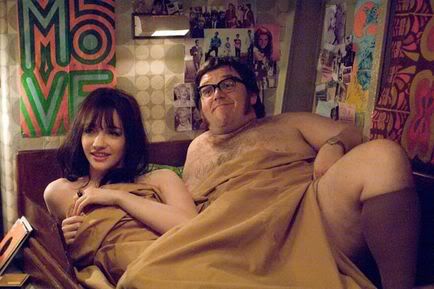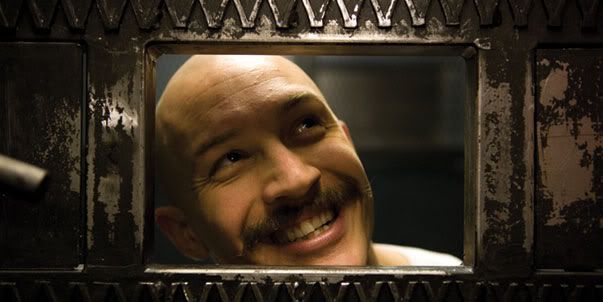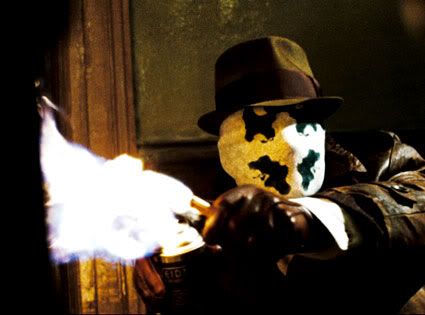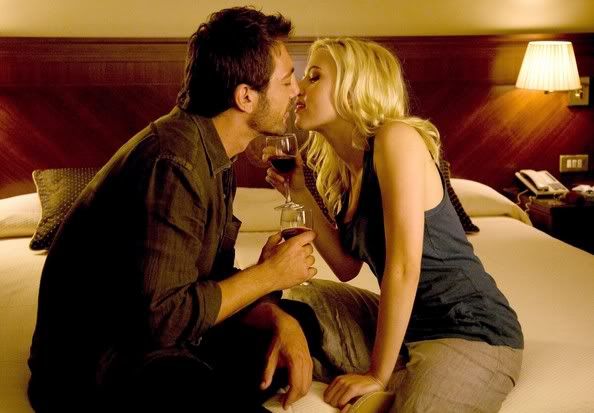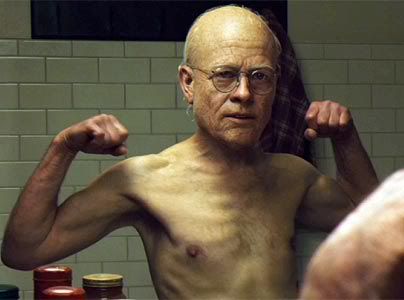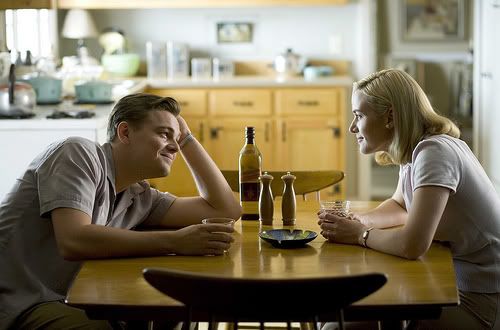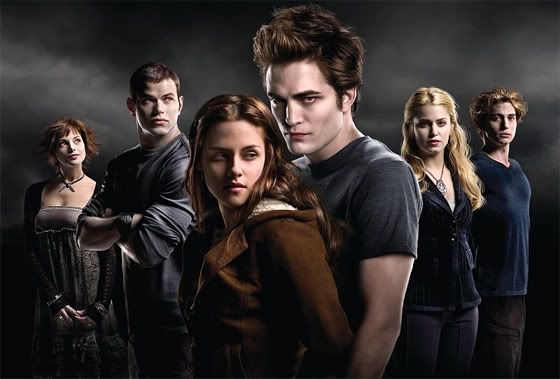These two renowned actors had never appeared in the same movie until then...and the result was electric.
Now Mann has done the same thing for two of the biggest stars of the current generation with Public Enemies, a similar style film to Heat but set in the 1930s.
Johnny Depp, one of the best loved actors of his generation, plays John Dillinger, a murderous criminal who was idolised as a modern day Robin Hood.
While Christian Bale, who has never been more famous since putting on the black mask and cowl as Batman, plays Melvin Purvis, the FBI agent in hot pursuit.
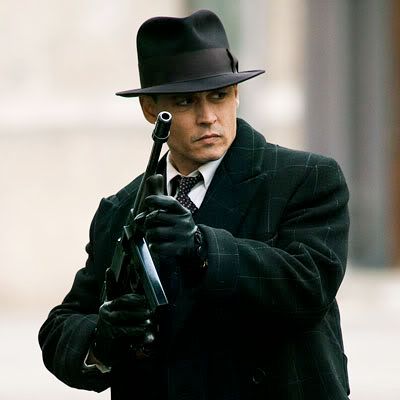
To see these two great performers in the same film is a joy – but it is Depp who will win the battle for your attention in this one.
Mann paints a vivid picture of 1930s America and the crime that surrounded it with panache.
Where Public Enemies succeeds is in the scenes where Mann is in his comfort zone – the cat and mouse pursuit, the hail of bullets from countless tommy guns, the sense of place.
But the film would have benefited from more time devoted to character development, especially since Mann had two leads behind his camera capable of so much more.
Nevertheless, for a slick crime thriller, it won’t fail to entertain and has the charm of Dillinger himself.
